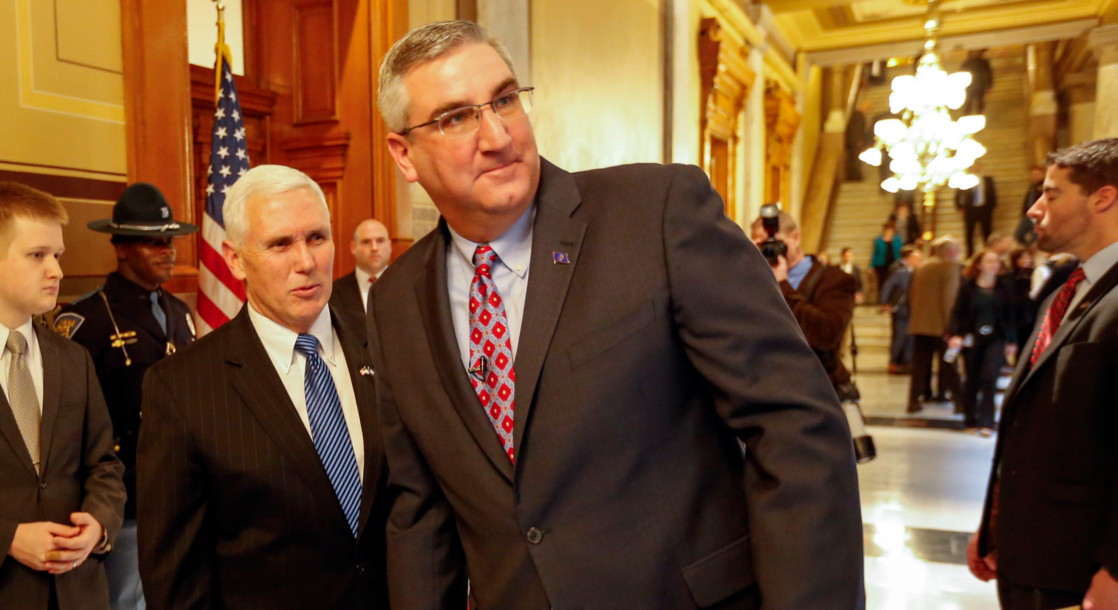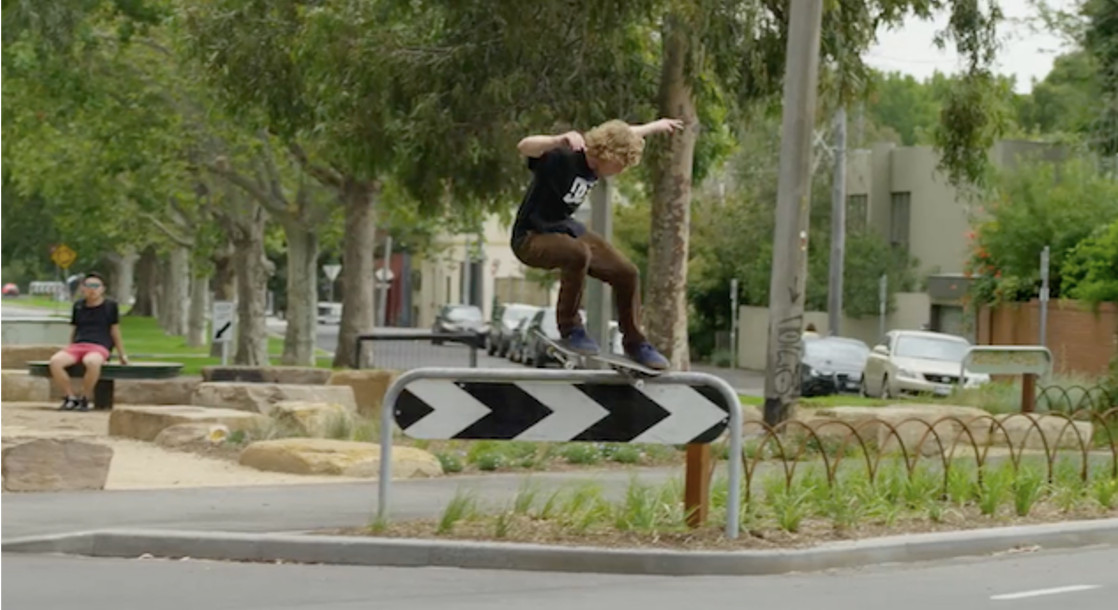Indiana is well on its way to having an ultra-light medical marijuana law put on the books in 2017.
Earlier last week, legislative forces in Indianapolis put their seal of approval on a measure aimed at giving epilepsy patients access to a non-intoxicating form of marijuana, commonly referred to as CBD oil. The bill managed to get through the Senate on Thursday, followed by a unanimous vote in the House right before lawmakers cleared out for the weekend. It is now on its way to the desk of Republican Governor Eric Holcomb for a signature.
Although the legalization of marijuana is not something that has settled well with the state government throughout the years, pressure this year from influential groups like the America Legion has forced lawmakers to give some consideration to the issue during the current session. However, the best the legislative brass could come up with, without actually creating a functional medical marijuana program, was a low-THC bill designed to service a single group of sick Hoosiers.
There is absolutely no possible way cannabidiol can be abused, as it does not contain enough THC to get a person stoned, no matter how much they ingest. But that didn’t stop lawmakers from debating how much THC Indiana patients should be allowed in their cannabis oil. The situation nearly turned into a nipple-twisting circus because legislators were scared that somehow, someway, someone was going to figure out how to use this medicine to get high. It’s the reason this bill seems to have gone through several more votes than it should have – lawmakers had to reach an agreement over how much non-intoxication they were willing to allow epilepsy patients to experience.
Senator Karen Tallian, who has been pushing for statewide pot reform for the past six or seven years, called the low-THC bill “a mess,” but said she would still vote for it because it was the only shot Indiana had, right now, at embracing a medical marijuana law.
It’s not much, but some advocates believe it’s a start.
“This is the key that unlocks the door for our Hoosier and Veterans,” Indiana veteran Jeff Staker told MERRY JANE.
As we pointed out earlier this month, Indiana’s “current toe-in-the-water approach to a medical marijuana program is not going to be a salvation’s wing for most patients living in Indiana, but it is conceivable that, once it is implemented, lawmakers will start to see how a more detailed plan could benefit the overall health and economic well being of the entire state.”
Although Governor Holcomb said during his campaign that he would not support a medical marijuana bill, since advocates would not be satisfied until weed was fully legal across the state, sources close to subject told MERRY JANE on Friday that the governor plans to sign the bill.
If all goes according to plan, the law will take effect in July.











